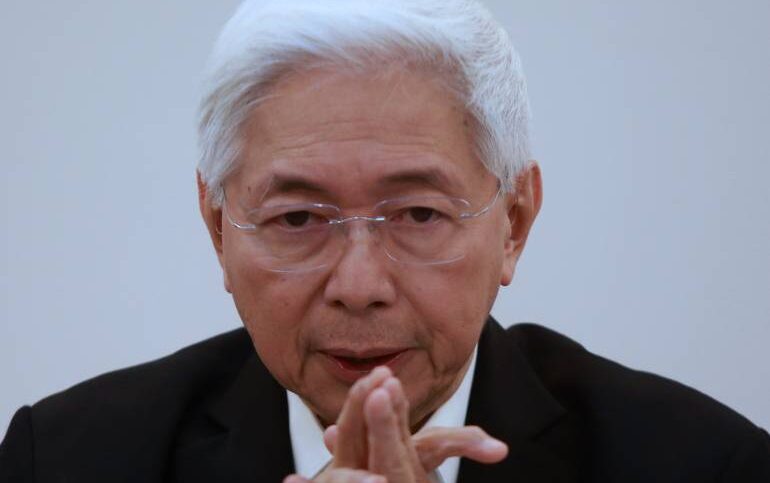The Department of Trade and Industry (DTI) has signaled that it was not in favor of having hybrid electric vehicles (EVs) covered by a government measure that temporarily suspended most of the import tariffs for EVs.
This raised concerns that the exclusion might dampen the appetite in investing for charging infrastructure for fully electric vehicles.
Trade Secretary Alfredo Pascual told reporters that the DTI views the inclusion of hybrids under Executive Order (EO) No. 12—issued in January 2023—to be going against the policy’s original purpose of promoting and expanding the use of pure EVs in the country.
“The objective of that is that we will have the critical mass of [EVs] to make the setting up of charging stations a feasible business,” Pascual said during a roundtable discussion at his office in Makati City.
“If you bring in hybrids, it will reduce that, it will not contribute to the attainment of that objective,” he added.
The trade chief explained that hybrids do not need the charging infrastructure given that their electric motors are charged by the conventional internal combustion engine which uses fossil fuel.
EO 12 suspended for five years some of the import duties levied on certain models and parts of EVs, to help mainstream their usage in the Philippines.
The order states that “ temporarily modifying the rates of import duty on electric vehicles, and their parts and components, will help boost the electric vehicle market in the country, support the transition to emerging technologies, and encourage consumers to consider electric vehicles as a cleaner and greener transportation option.”
Under the directive, import tariffs on these more environment-friendly vehicles and associated parts were lowered to zero, coming from previous rates ranging from 2 percent to 30 percent. INQ
